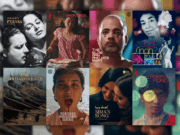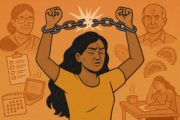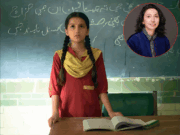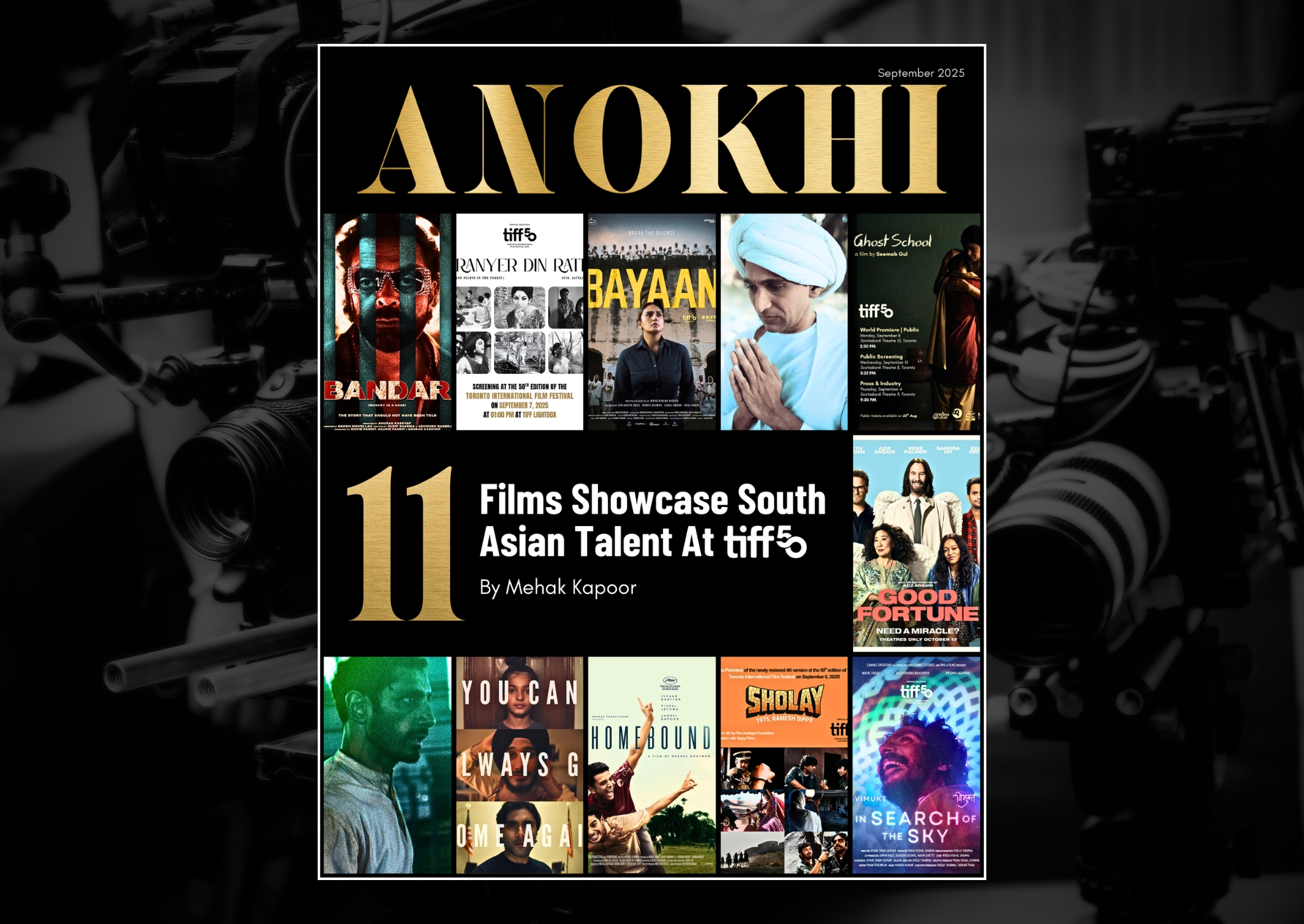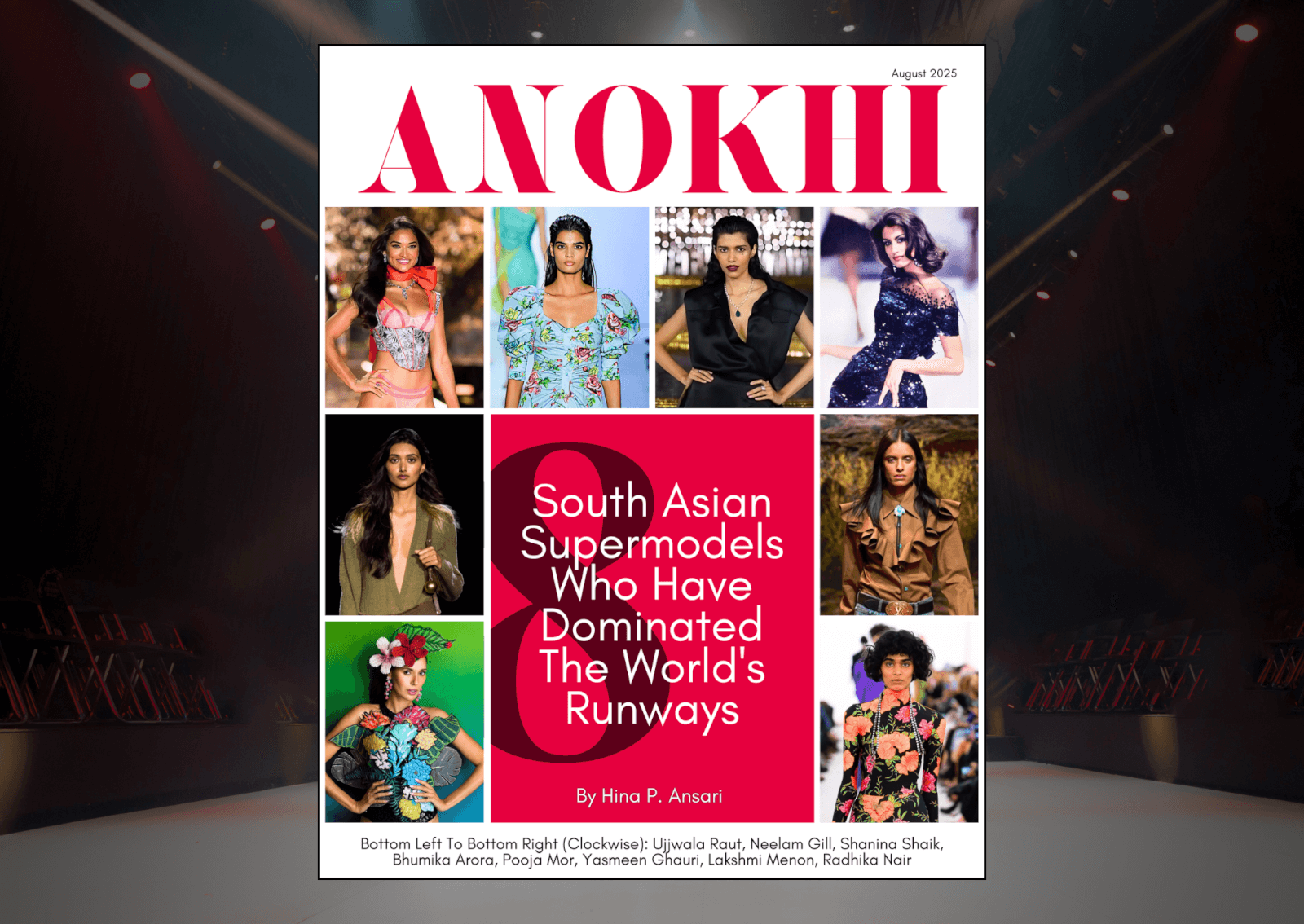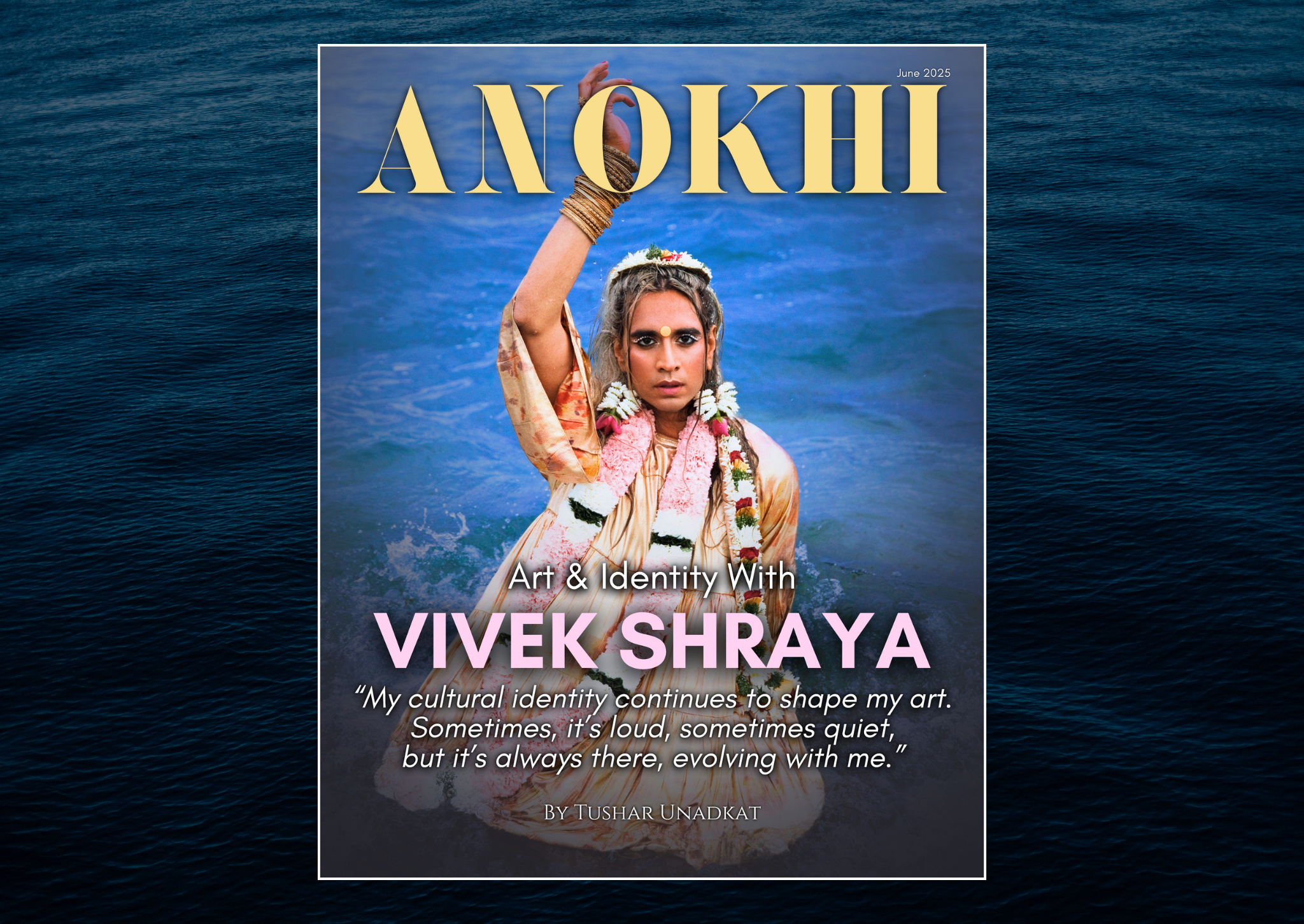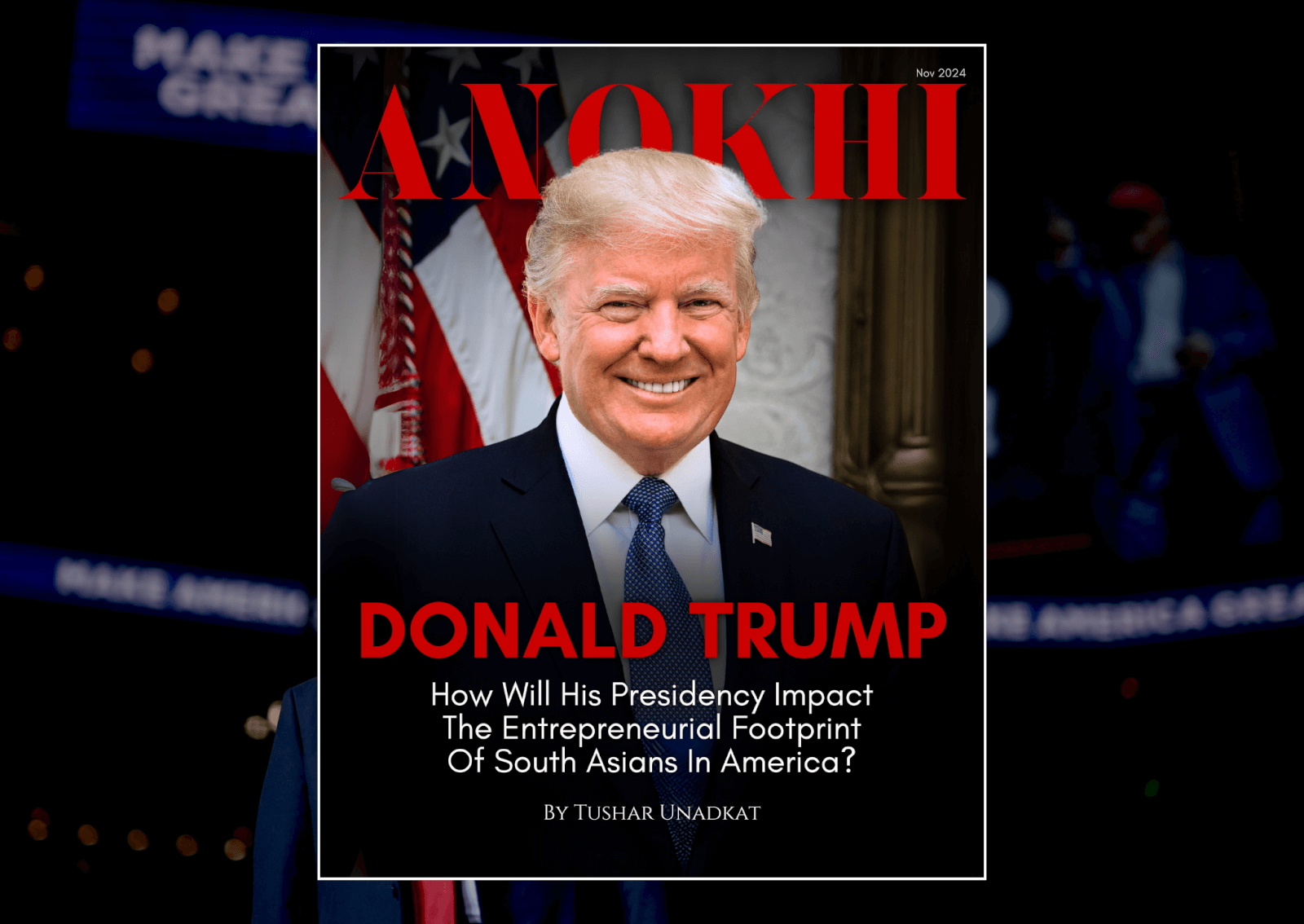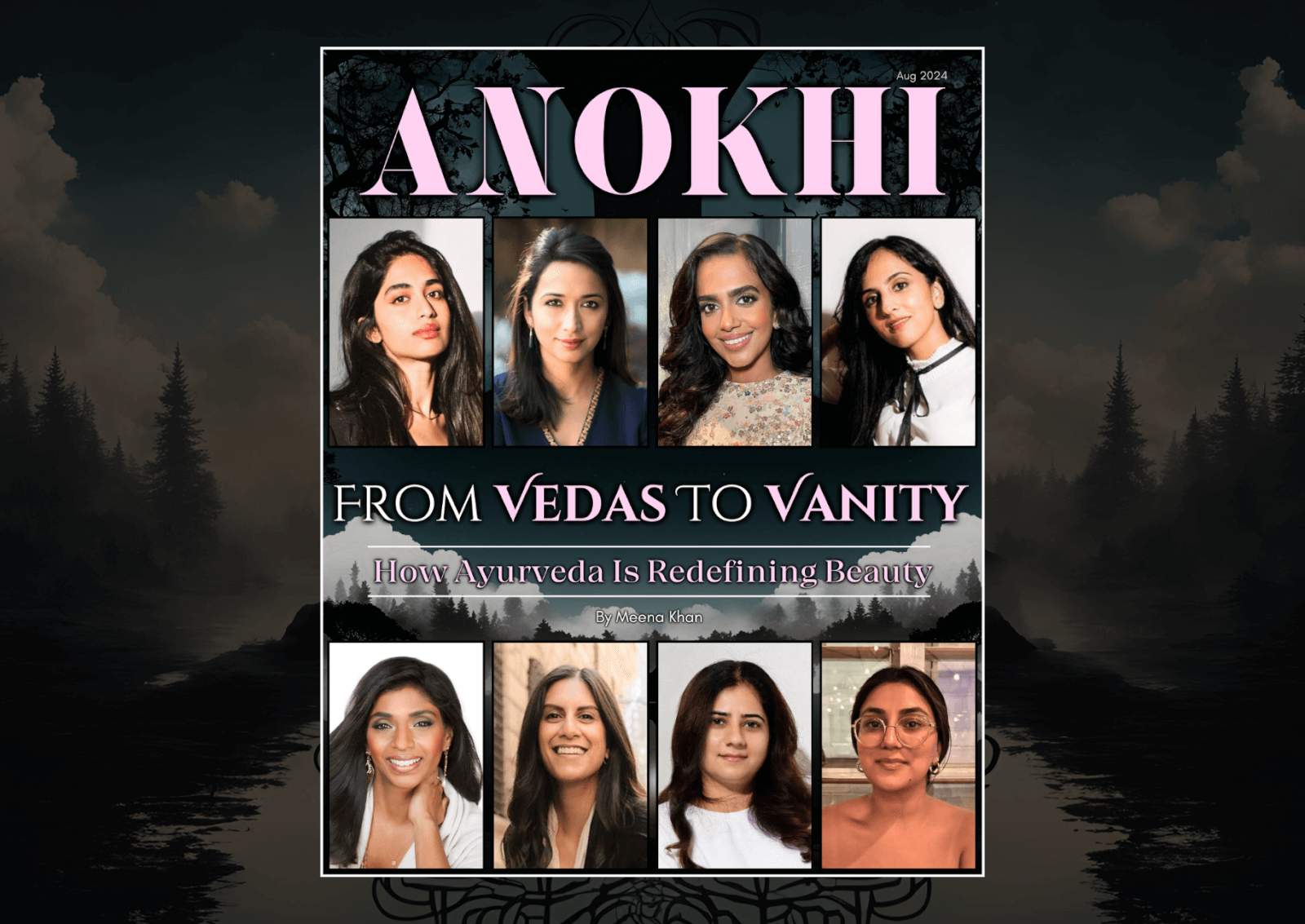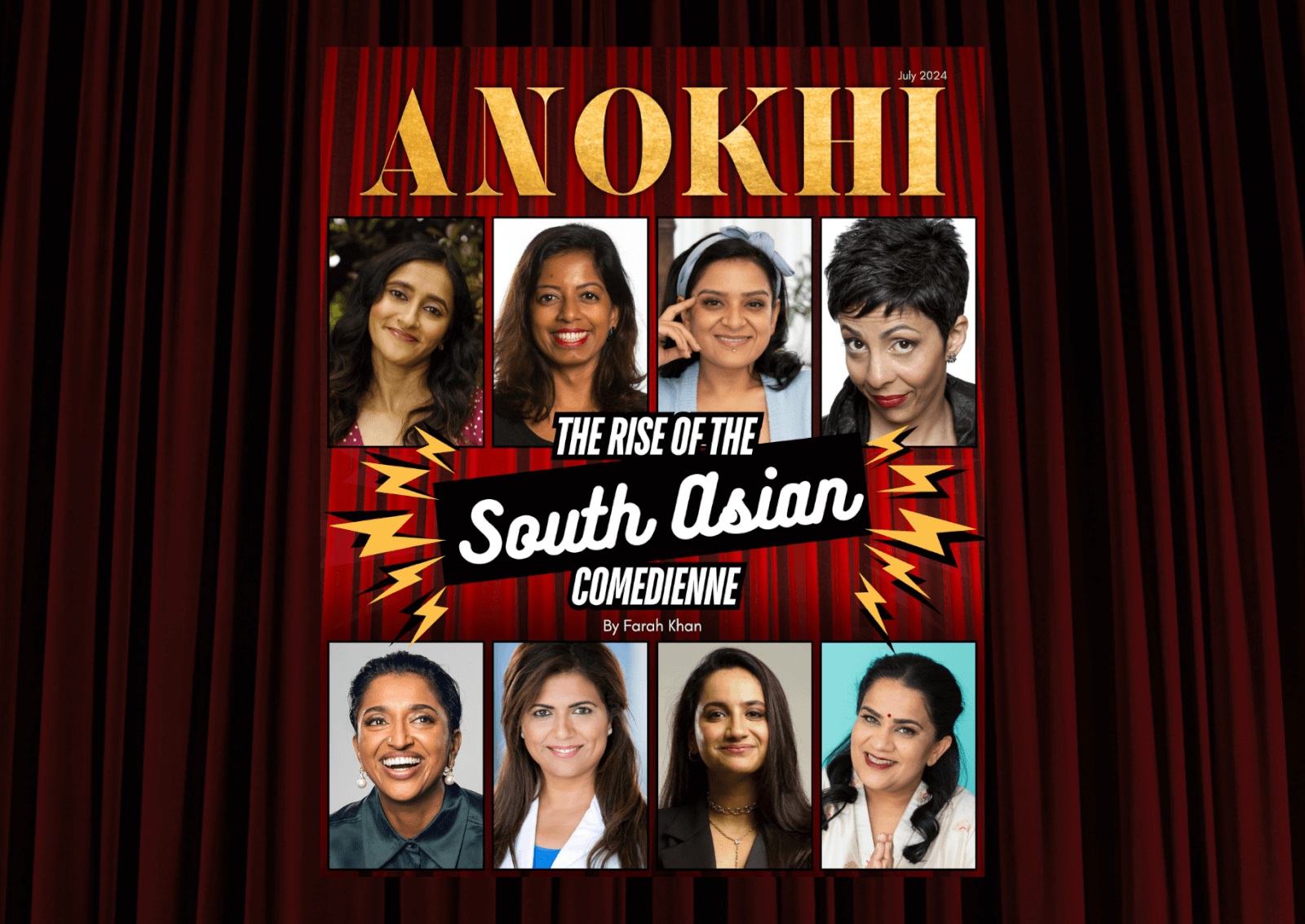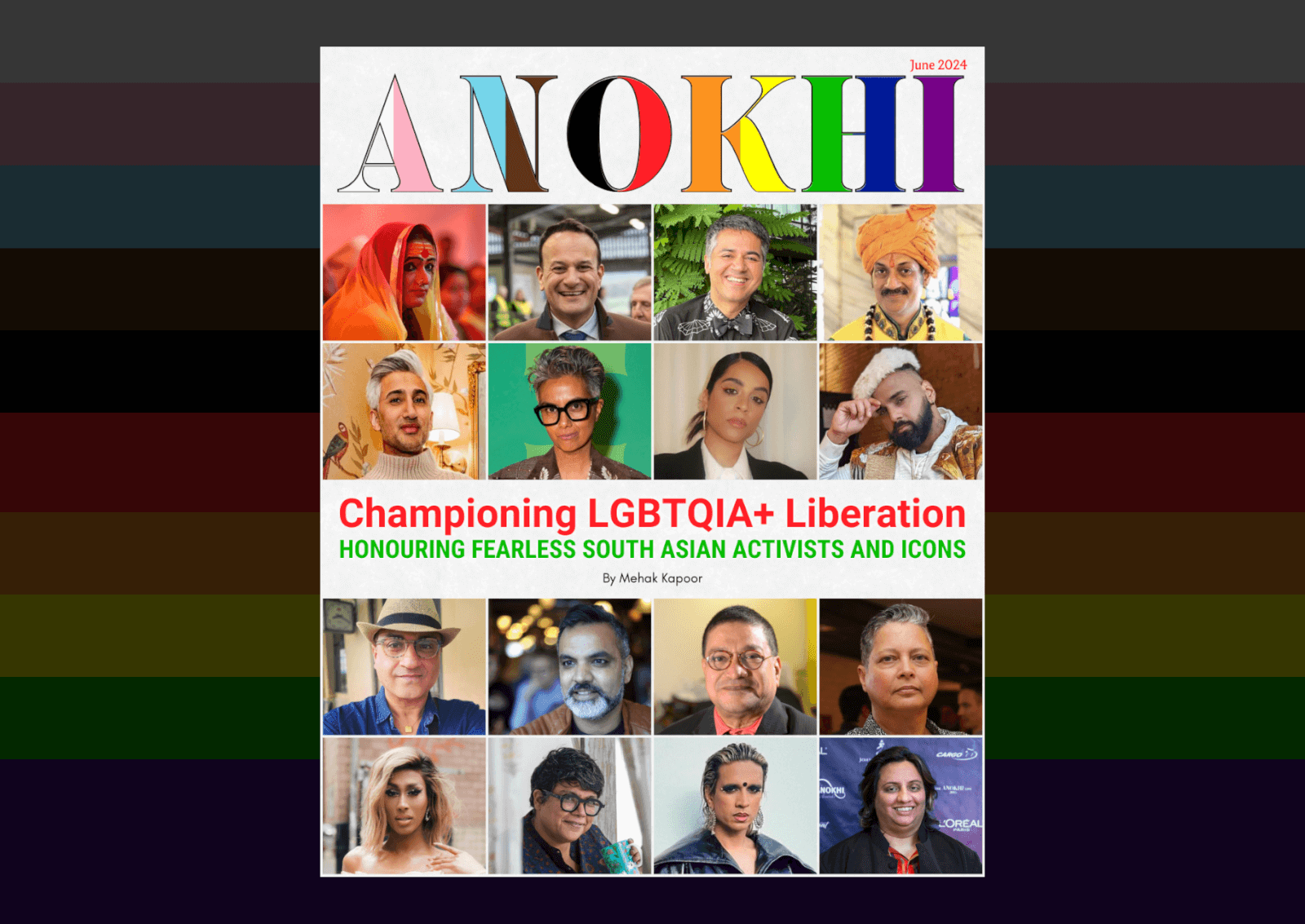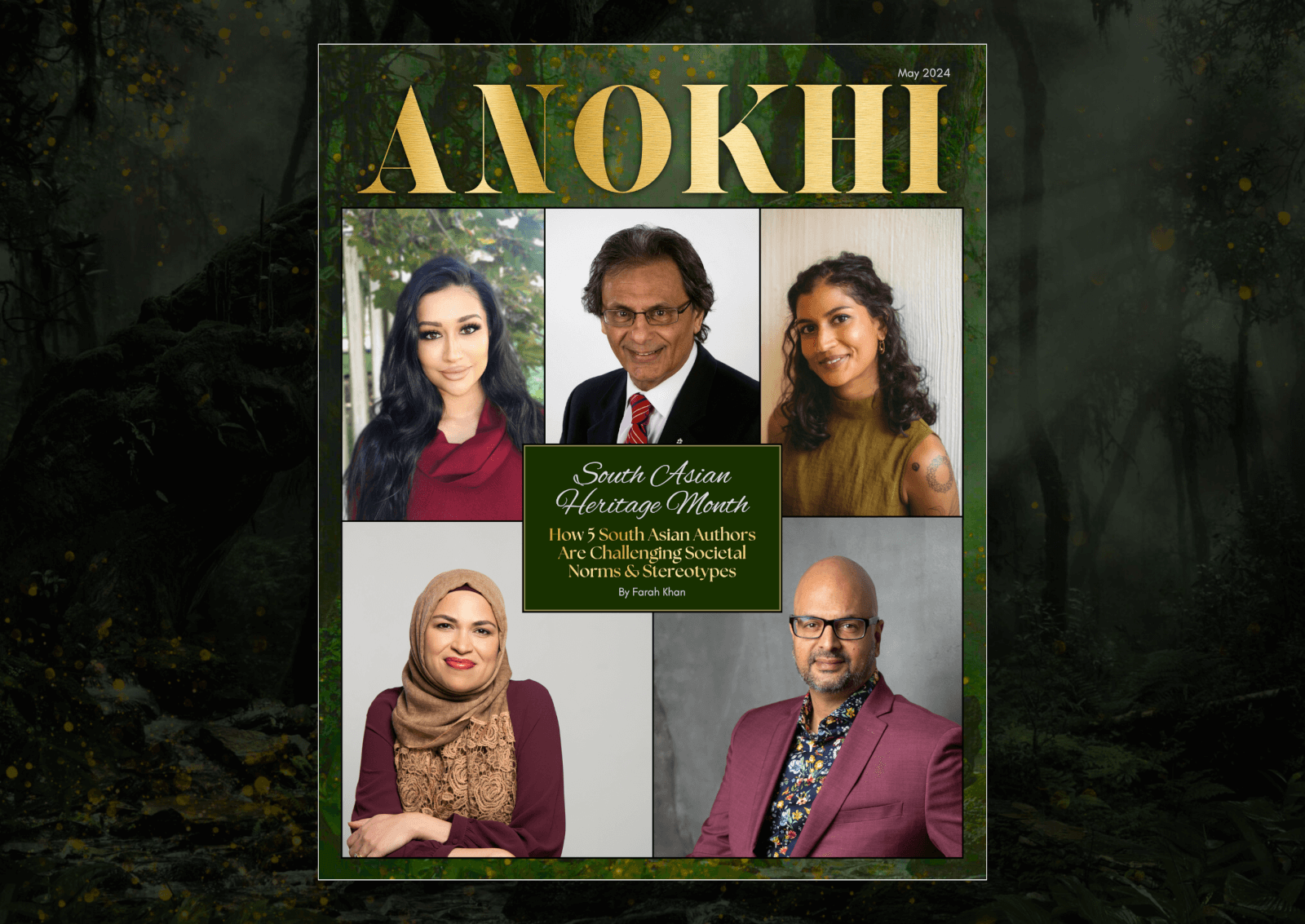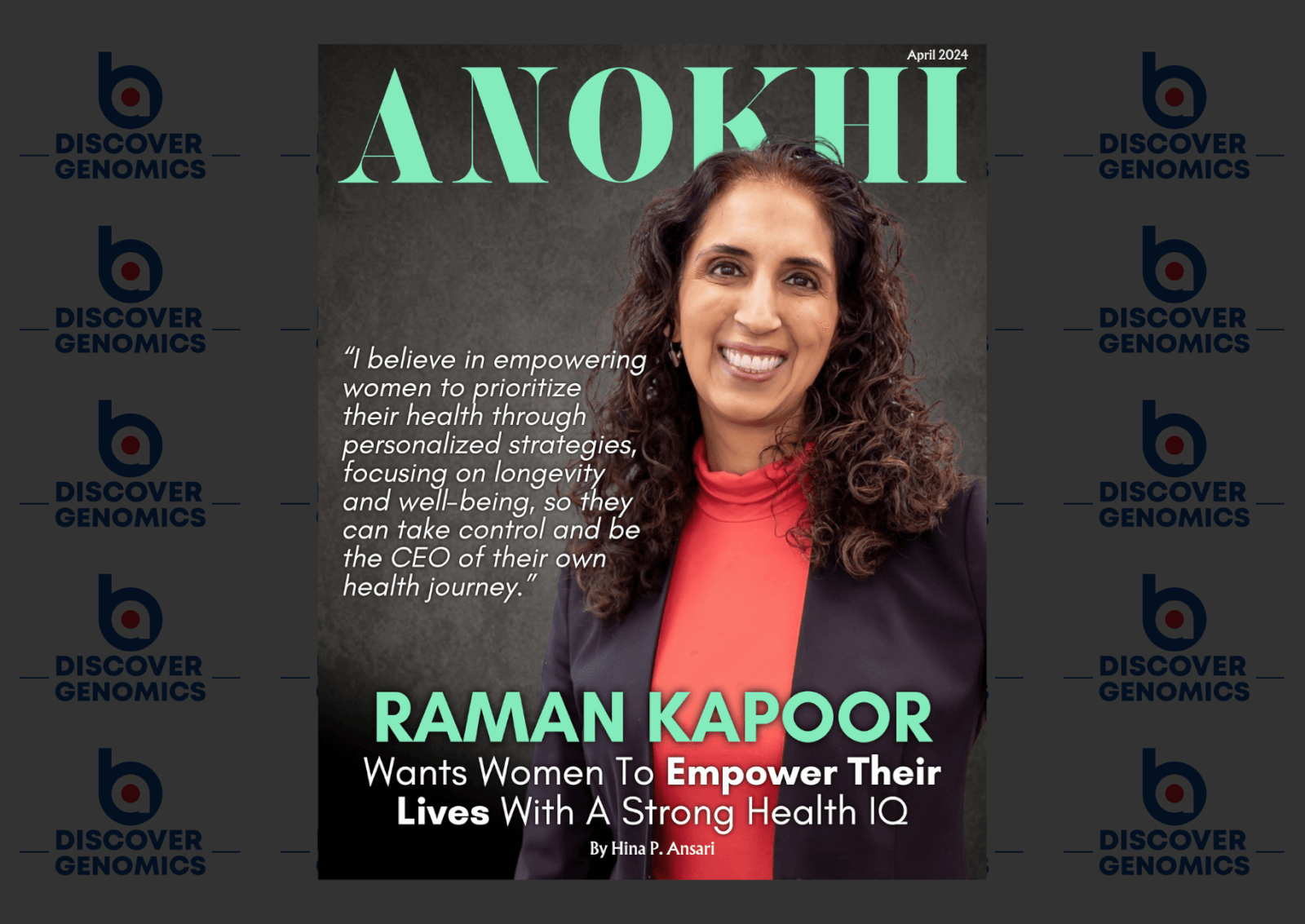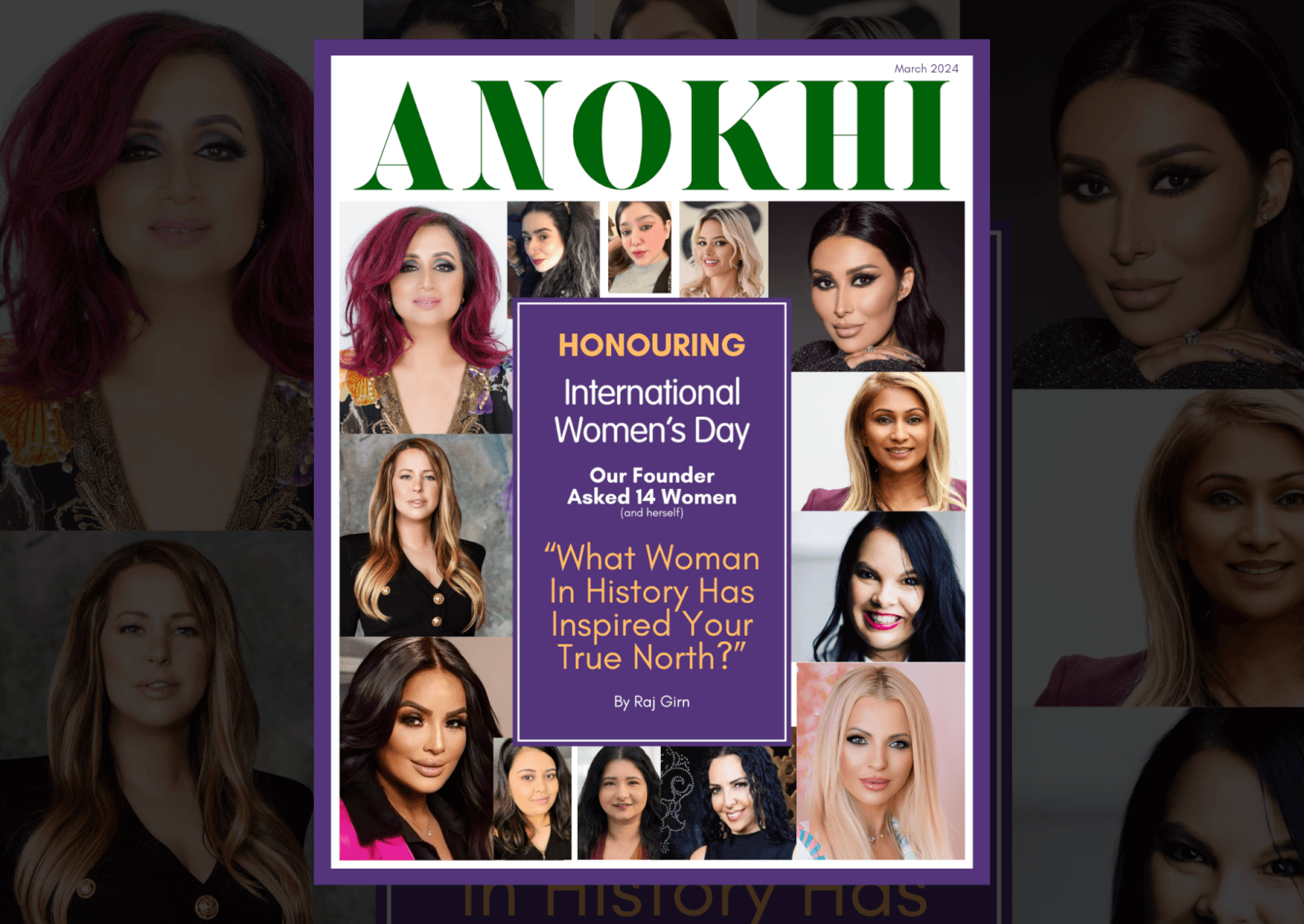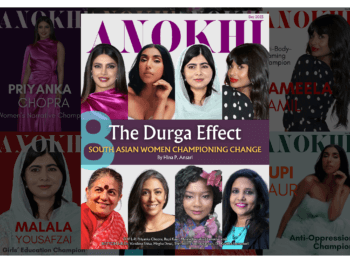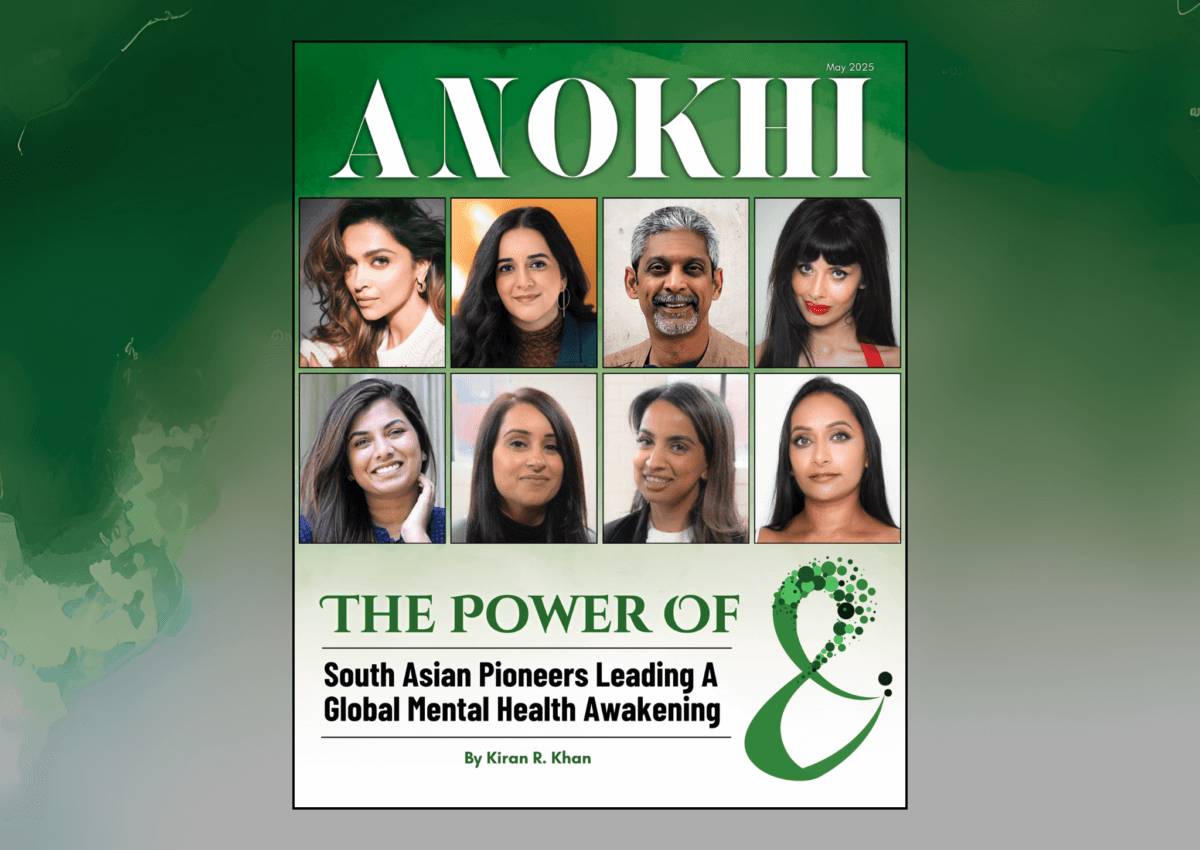
Cover Story: The Power of 8: South Asian Pioneers Leading A Global Mental Health Awakening
Cover Stories May 01, 2025
Mental health has always been a part of our lives, but for many South Asian communities, it remains a conversation kept behind closed doors. During South Asian Heritage Month and Mental Health Awareness Month, it feels powerful to shine a light on how far we have come, and how much further we still need to go.
For generations, mental health across South Asian cultures has been treated with silence, stigma, or spiritual explanations. Struggles are often minimized or misunderstood, and seeking help is still viewed by some as a weakness or even a family shame. Stories of “just pray it away,” “stay strong,” or “don’t talk about it” continue to shape many of our family narratives.
Even mythology reflects this tension. In Hindu mythology, Lord Vishnu’s avatar Narasimha, the fierce half-man, half-lion form, reminds us that unchecked rage can destroy. In Buddhist teachings, suffering (dukkha) is a central concept, showing that mental anguish is part of the human experience, not something shameful. And yet, for so long, acknowledging emotional pain has been considered taboo.
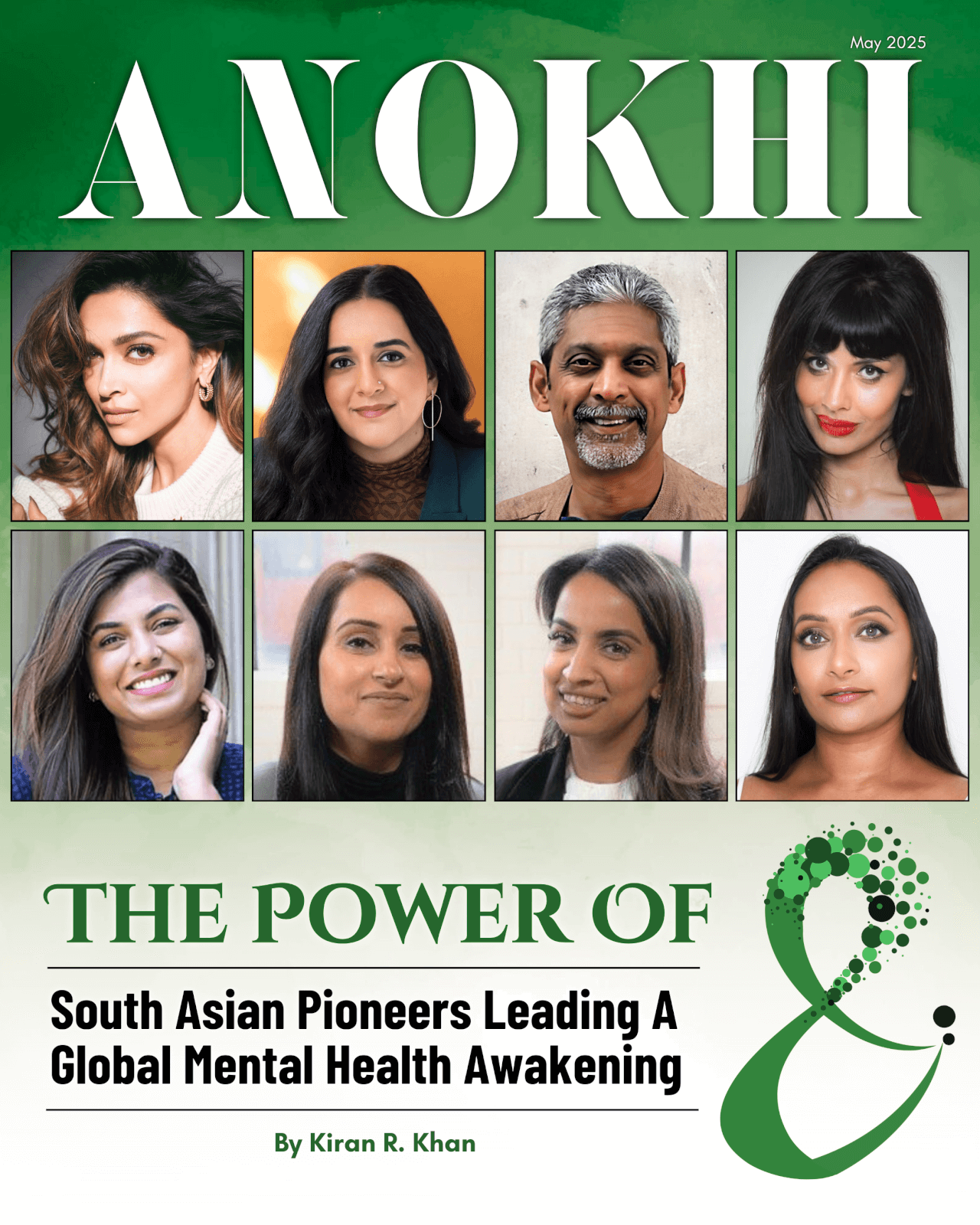
The Statistics Tell a Story Too . . .
Research shows that South Asians are less likely to seek mental health support compared to the general population, often due to stigma, lack of culturally competent care, or family pressures. A study published by the American Psychological Association notes that South Asian Americans, for example, are among the least likely racial groups to use mental health services, despite high rates of depression and anxiety, especially among youth and immigrants.
As per CAMH, since the 2021 census, there are approximately 2.57 million South Asian Canadians, making up 7.1% of the national population and representing the largest racialized group in the country. Further stating that “South Asian Canadians are affected by higher rates of anxiety and mood disorders compared to other populations, and are also 85% less likely to seek treatment than other Canadians who experience the same illness. The lower use of mental health services highlights the need for appropriate care for these populations.”
But the tide is beginning to turn, thanks to the voices of powerful advocates across the globe.
Meet the South Asian Changemakers Leading the Conversation:
1.Deepika Padukone (India)
Celebrity-Led Depression & Suicide Awareness Activism

Type Of Activism: Depression and Suicide Prevention Awareness
Deepika Padukone is a renowned Indian actress and mental health advocate who has significantly impacted both the film industry and public discourse on mental wellness. Born in Copenhagen and raised in Bengaluru, she initially pursued a career in badminton before transitioning to modeling and acting. Deepika gained prominence with her debut film Om Shanti Om (2007) and has since delivered critically acclaimed performances in movies like Chhapaak (2020), where she portrayed an acid attack survivor. Beyond her acting career, she has become a prominent voice in advocating for mental health awareness, particularly in India.
In 2015, Deepika founded The Live Love Laugh Foundation, a non-profit organization aimed at reducing the stigma surrounding mental health issues such as stress, anxiety, and depression. The foundation provides resources, counseling, and training programs to support individuals and healthcare professionals. Deepika’s personal experiences with depression have fueled her commitment to this cause, and she continues to use her platform to promote open conversations about mental health. Her efforts have earned her recognition, including the TIME100 Impact Award in 2020, acknowledging her contributions to mental health advocacy.
At Davos, where she was honoured with the Crystal Award for her efforts to raise mental health awareness in India, she shared her story. She described her experience of battling her illness, reflecting on the hollow, empty feeling in her stomach, sudden sweats, and intense panic episodes. She noted that the toughest part of her journey was not understanding what she was feeling or going through, and how receiving a diagnosis brought an immense sense of relief. She also spoke about the stigma surrounding mental health in many South Asian countries, where parents often discourage seeking help due to societal pressures, leaving many individuals unable to access the support they need.
In closing, she conveyed a message of hope to anyone who may be suffering in the same way she did.
She shares,
“There were days I wanted to give up, but hope every day would push me to the next day. I kept saying, this is going to pass. So there is hope.”
Deepika’s openness inspires a major shift in how celebrity voices approach mental health advocacy in South Asia.
2. Jameela Jamil (United Kingdom)
Self-Worth & Body Positivity Activism

Type Of Activism: Culture Wellness, Body Positivity, Mental Health Awareness
Jameela Jamil is a British actress, writer, and activist renowned for her outspoken advocacy on body positivity, mental health, and social justice. Born in London in 1986, she has shared her personal struggles with anorexia, hypermobile Ehlers-Danlos syndrome, and the impact of societal beauty standards. These experiences have fueled her commitment to challenging harmful narratives and promoting inclusivity.
As the founder of the I Weigh Movement, Jamil encourages individuals to define their worth beyond physical appearance and societal expectations, creating a community that celebrates diverse identities and promotes radical self-acceptance. Known for her role on The Good Place, Jameela uses her platform to openly discuss body image, trauma, and mental health.
In a Wondermind interview, Jameela shares that mental health isn’t just about crisis intervention – it’s about everyday maintenance. She talks about how building habits like rest, boundaries, and emotional honesty are critical for long-term well-being, not just temporary fixes when things get bad. Jameela highlights that protecting her mental health is an ongoing, conscious practice and stresses that seeking help or support should never be viewed as weakness.
She shares, “Mental health is not just about when you’re in crisis. It’s about maintenance, it’s about resilience, it’s about learning how to be honest with yourself emotionally, and that’s not something we’re taught growing up.”
Through her I Weigh movement, Jameela encourages radical self-acceptance and creates a space where marginalized voices are heard and validated.
3. Jasmeet Chagger (Canada)
Punjabi Community-Based Addiction & Mental Health Activism
Type Of Activism: Mental Health Education & Resource Building
Jasmeet Chagger is a co-founder of Soch Mental Health, an organization focused on providing culturally appropriate mental health education and resources to South Asian communities in Canada. Her path into mental health began when she witnessed a loved one battling alcohol addiction, an issue that’s often stigmatized in South Asian Punjabi culture. This experience motivated her to pursue a career in mental health and addictions nursing, with a focus on culturally sensitive care. Her Master’s thesis explored the perceptions of alcohol use within South Asian Punjabi families, bringing attention to a topic that is frequently left unspoken.
In an Instagram post about women of the week by RedefineTwenty, Jasmeet states:
“We are our own biggest block. If we are able to reflect on our own soch and identify ways in which we can challenge the deeply rooted South Asian socio-cultural norms that inhibit our mental well-being, we allow our inner light to shine. The power to change our narrative begins with our soch.”
Her work continues to break barriers and normalize seeking help within the community.
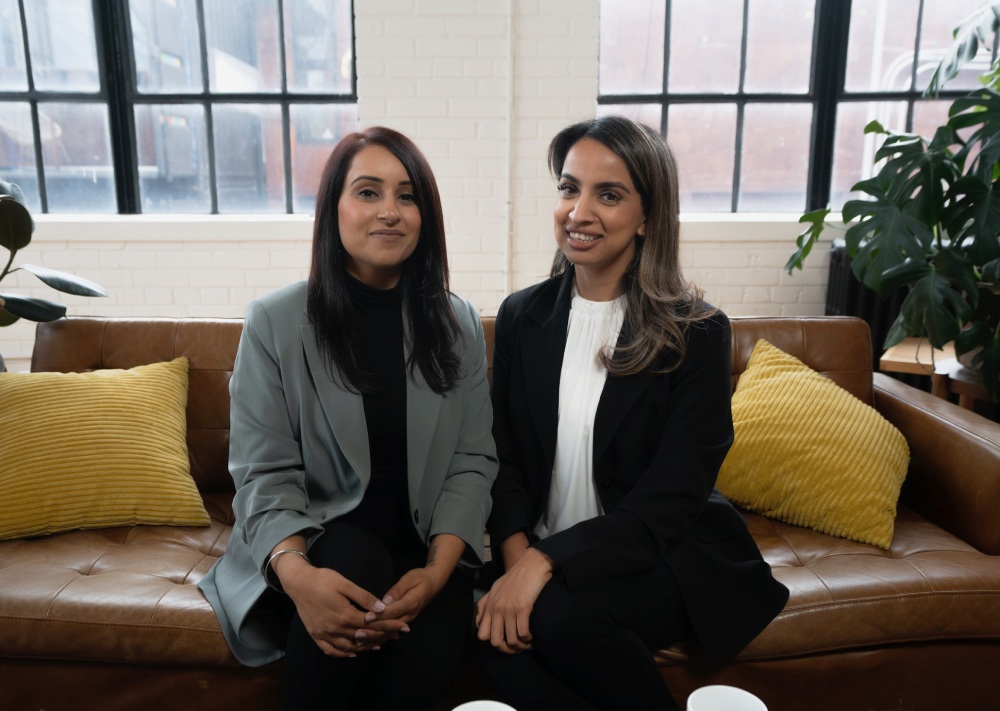
4. Maneet Chahal-Gill (Canada)
Frontline South Asian Mental Health Access Reform Activism
Type Of Activism: Mental Health Education & Resource Building
Maneet Chahal-Gill works alongside Jasmeet Chagger as one of the co-founders of Soch Mental Health, addressing the gaps in understanding and accessibility for South Asians seeking mental wellness support. . Her passion for mental health advocacy was sparked by witnessing her family’s struggles with anxiety and depression, along with her eye-opening experiences during an international nursing placement in Southern India. This exposure made her acutely aware of the mental health disparities within South Asian communities.
Her work at Sunnybrook Hospital and with an ACT Team in Brampton deepened her commitment to addressing the urgent mental health needs of her community. Since co-founding Soch Mental Health, Maneet has earned her Masters of Science in Nursing from McMaster University, where she focused her thesis on understanding the South Asian Punjabi community’s experience accessing mental health services for depression in Brampton.
While talking about the foundation, Maneet shared her views on mental health, stating the following:
“As a community mental health nurse, I truly believe that the way to combat the stigma towards mental health is to change the way our community ‘thinks’ about mental health.”
Through culturally grounded education, frontline nursing, and research-driven advocacy, Maneet Chahal-Gill continues to shift how South Asian communities in Canada access, understand, and talk about mental health.
5. Poorna Bell (United Kingdom)
Grief-Led Healing & South Asian Men’s Mental Health Activism
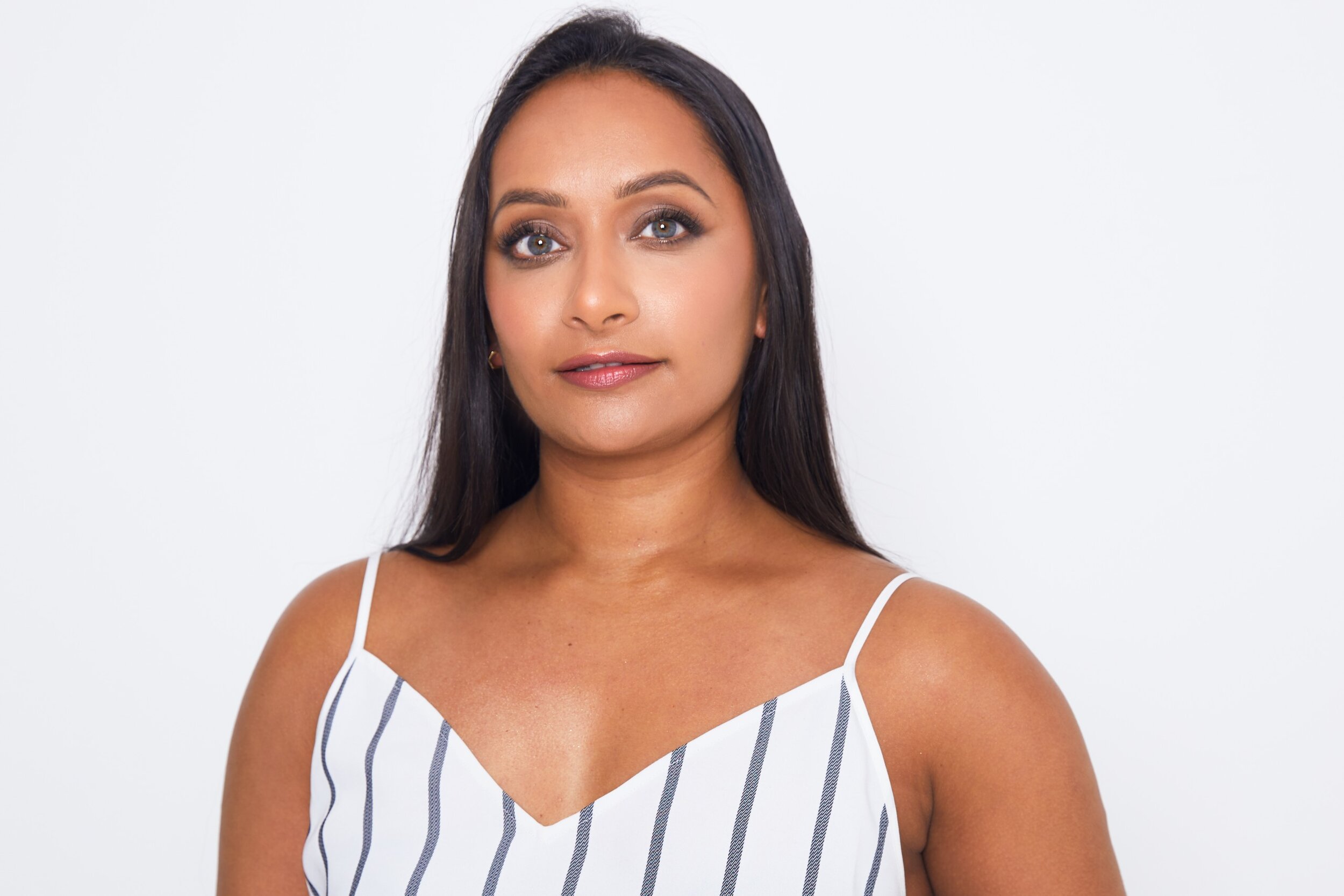
Type Of Activism: Men’s Mental Health, Grief Support within South Asian Communities
Poorna Bell is an award-winning British journalist, author, and mental health advocate, known for her candid storytelling on grief, mental health, and women’s strength. After the tragic suicide of her husband in 2015, Bell turned her grief into powerful writing, authoring her debut memoir, Chase the Rainbow, which explores loss and the stigma surrounding male mental health. She later wrote Stronger: Changing Everything I Knew About Women’s Strength, blending memoir with a manifesto on redefining strength through fitness. Bell’s debut novel, In Case of Emergency, was published in 2022, followed by This is Fine in 2024.
Beyond writing, Poorna is a sought-after public speaker and the founder of Fix My Life Workshops, which focus on mental health and resilience. She has worked with organizations like Spotify, Twitter, and Ernst & Young, and collaborates with the suicide prevention charity CALM. Bell was awarded Stylist magazine’s Rising Star Award in 2019 and continues to advocate for open conversations about mental health, particularly in the context of grief and gender.
In her book Stronger, Bell shares her personal journey of embracing powerlifting after the loss of her husband, illustrating how confronting emotional pain and seeking support can be profound acts of strength. Her narrative challenges conventional notions of toughness, advocating for a more inclusive understanding that recognizes the courage in admitting when we’re not okay. She writes,
“Strength isn’t always about the absence of vulnerability. Sometimes, strength is being able to say, ‘I’m not okay.'”
Poorna’s work pushes against the cultural norm that teaches men, particularly South Asian men, to suppress their emotions.
6. Niharika Hiremath (Australia)
Lived-Experience Driven Multicultural Systems Change Activism
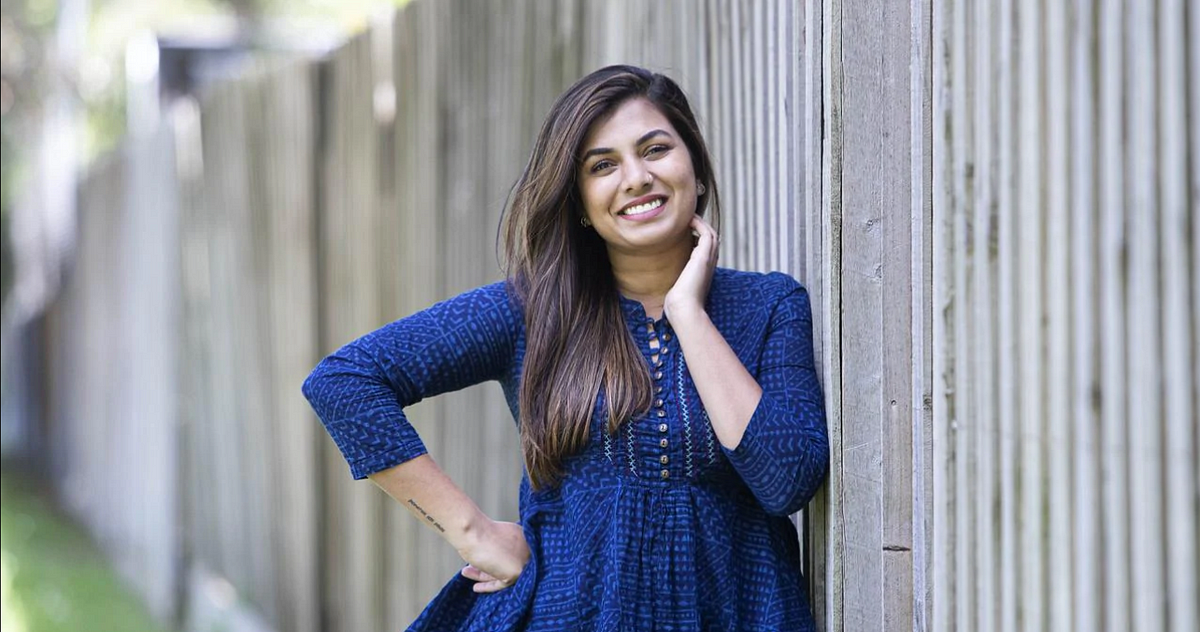
Type Of Activism: Intersectional Mental Health Advocacy
Niharika Hiremath is a South-Indian mental well-being advocate and peer practitioner based in Melbourne, Australia, with a focus on the mental health of multicultural and intersectional communities. With lived experience in youth mental health, she works to bridge systemic gaps in the sector, exploring the intersection of culture, identity, and mental health. Niharika plays a key role in leadership and governance across various organizations, striving to create more inclusive and culturally responsive mental health services.
As co-chair of the ‘Solis – Culture & Mental Health’ network at the Australian Institute for Diversity in Mental Health, Niharika champions the integration of multicultural perspectives in mental health services. She serves on headspace National’s Advisory Board, chairs the Multicultural Practice Strategy Advisory Group, and has contributed to the National Mental Health Commission’s Independent Advisory Board. An IPS-trained Peer Worker, AASW-certified Social Worker, and Lived Experience Partner with Mind Australia, Niharika’s dedication to improving mental health systems earned her an Order of Australia Medal (OAM) for her service to community health.
In an article entitled ‘Young Change Makers: Why and How Niharika Hiremath Is Helping To Change Our World’, she encompasses her message by sharing,
“When we listen to lived experiences, we create mental health systems that can truly heal, not just treat.”
Her mission is deeply personal, shaped by her own journey navigating mental health services as a South Asian woman.
7. Sahaj Kohli (USA)
Intergenerational Healing For Children of Immigrants Activism
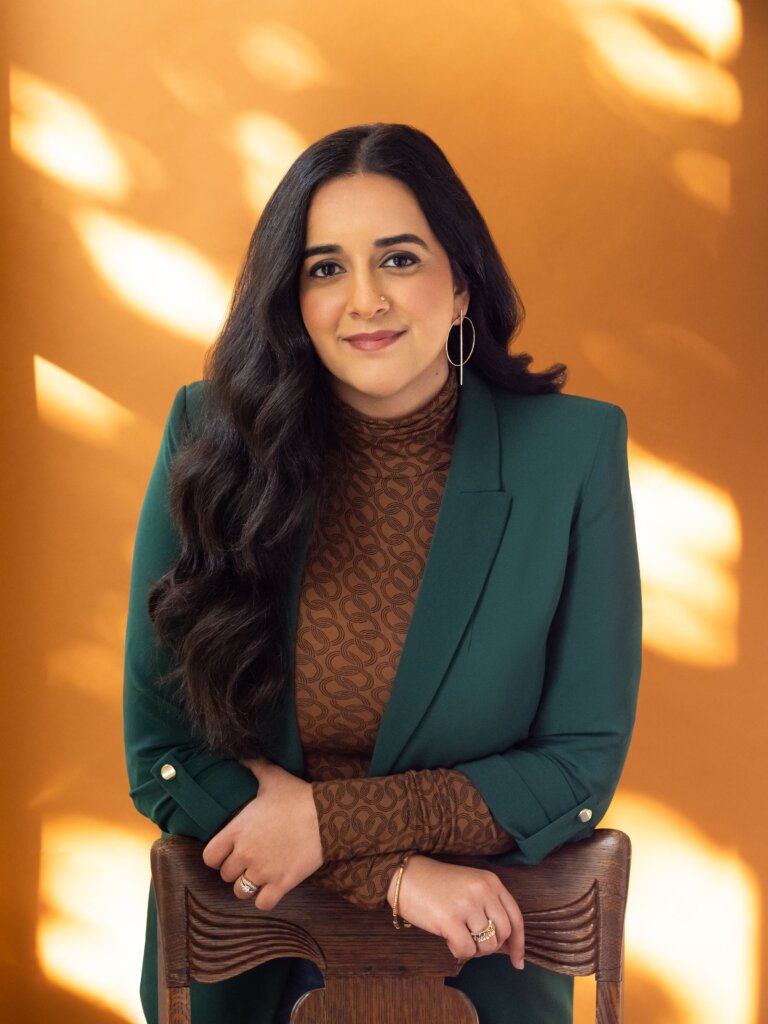
Type Of Activism: Youth Mental Health, Children of Immigrants, Cultural Identity Struggles
Sahaj Kaur Kohli is a therapist, speaker, and mental health educator whose work centres on the nuanced experiences of children of immigrants. She is the founder of Brown Girl Therapy, the first and largest mental health and wellness community dedicated to this group. With a background in journalism and a master’s in Clinical Mental Health Counseling, Sahaj brings a unique lens to her advocacy – blending personal narrative, clinical expertise, and cultural insight to make mental health more accessible and inclusive.
In addition to her work as a practicing individual and couples therapist, Sahaj is also an advice columnist and the author of But What Will People Say?, a book that explores identity, family, and healing across cultures. Her mission is rooted in challenging dominant cultural narratives and encouraging intergenerational understanding, helping people feel seen and supported in spaces where they often feel overlooked.
In her interview on Behavioral Health Tech, Sahaj discusses her journey with Brown Girl Therapy and the importance of culturally inclusive mental health resources. She shares:
“The most gratifying part of building and sustaining this community has been proving my previously held beliefs wrong. I used to think that no one could relate to my experiences. I used to believe that there was something wrong with me – and that I should hide it from the world – since I didn’t relate to the self-help content I was consuming.”
Through her work, she empowers young South Asians to navigate the complex intersections of cultural identity, belonging, and mental health.
8. Dr. Vikram Patel (India)
Mental Health Equity & Access for Low-Resource Communities Activism
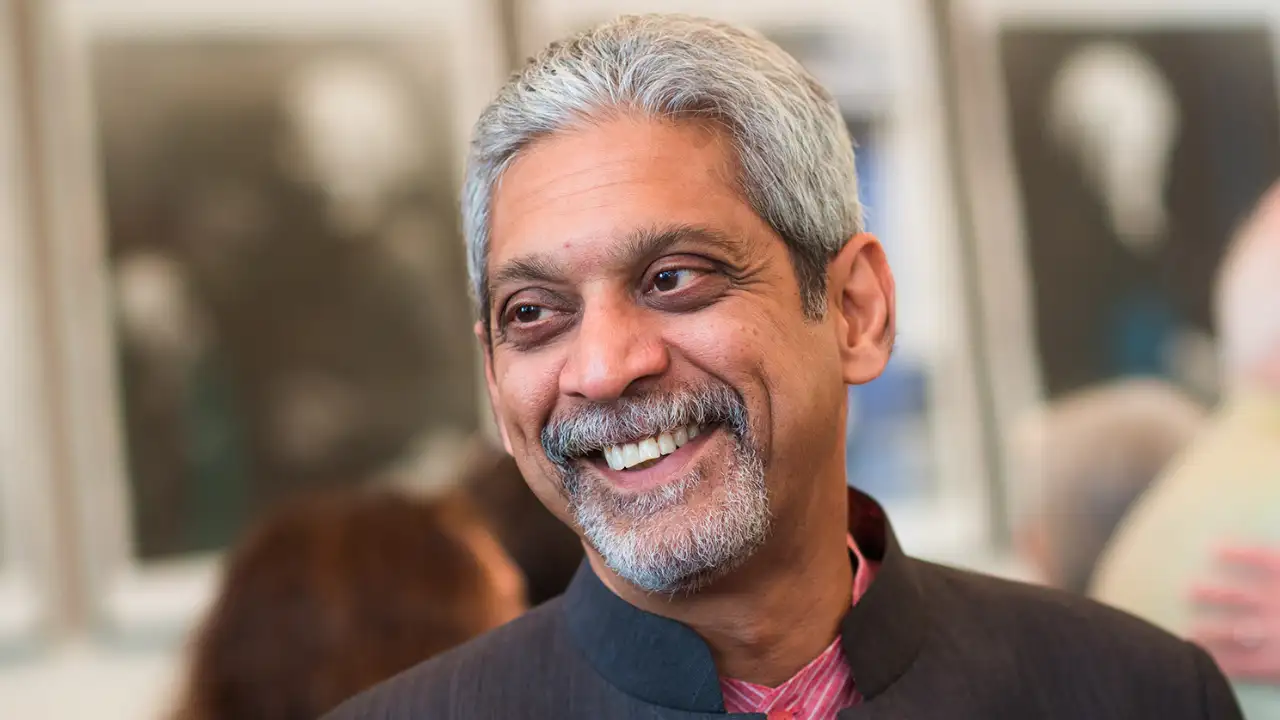
Type Of Activism: Mental Health Equity In Low-Resource Communities Activism
Dr. Vikram Patel is a pioneering Indian psychiatrist and global mental health advocate, renowned for his transformative work in expanding mental health care access in low-resource settings. As the Paul Farmer Professor and Chair of Global Health and Social Medicine at Harvard Medical School, he leads the Mental Health for All Lab and co-leads the GlobalMentalHealth@Harvard initiative . Dr. Patel co-founded Sangath, an Indian NGO recognized for its innovative community-based mental health interventions, and the Centre for Global Mental Health at the London School of Hygiene & Tropical Medicine .
His research has significantly influenced global mental health policy, including contributions to the Lancet Commissions on Global Mental Health and Depression, and India’s first National Mental Health Policy. Dr. Patel has received numerous accolades, such as the Sarnat Prize, the Chanchlani Global Health Research Award, and an Honorary OBE from the UK Government. In 2015, he was listed among TIME magazine’s 100 most influential people. Through his work, Dr. Patel continues to champion the integration of mental health into primary health care, emphasizing the importance of community involvement and task-shifting in delivering effective mental health services .
In a 2014 manuscript by BMC Medicine, he explains,
“Why should mental health care be the exclusive domain of specialists when millions are suffering in silence? We must bring care to where people live.”
Dr. Patel’s advocacy challenges conventional models, championing a future where mental health is accessible, local, and rooted in human dignity.
A New Chapter, But the Story Isn’t Over . . .
While real change is happening, we are still dismantling generations of silence and stigma. Mental health is health, and by honouring our histories, uplifting brave voices, and building culturally competent systems, we are writing a new, more compassionate story for the South Asian community.
This conversation was long overdue, but we are finally having it, together.
Suggested Readings:
Here’s Why #ANOKHI20 Is Celebrating South Asian Heritage Month x Mental Health Awareness Month
How To Avoid Turning Your Words Into Weapons When It Comes To Mental Health
Kiran R. Khan | Culture & Lifestyle Editor
Author
Kiran R. Khan (@kiranrkhanandco) is a journalism graduate from Sheridan College, possesses an extensive freelance portfolio encompassing various topics, including lifestyle posts and profile stories. Kiran loves to craft engaging content that resonates with readers, aiming to leave a lasting impress...





